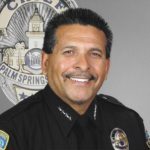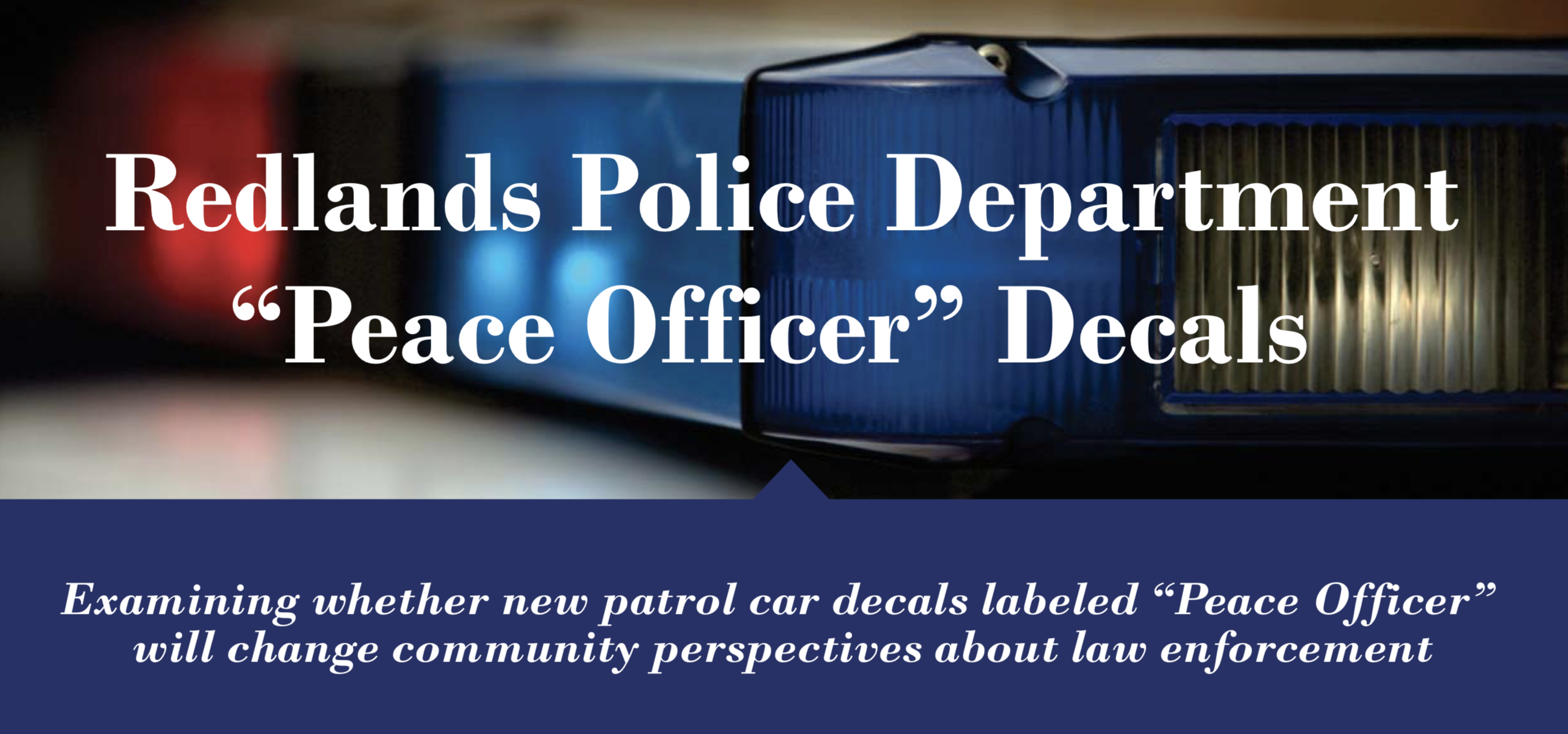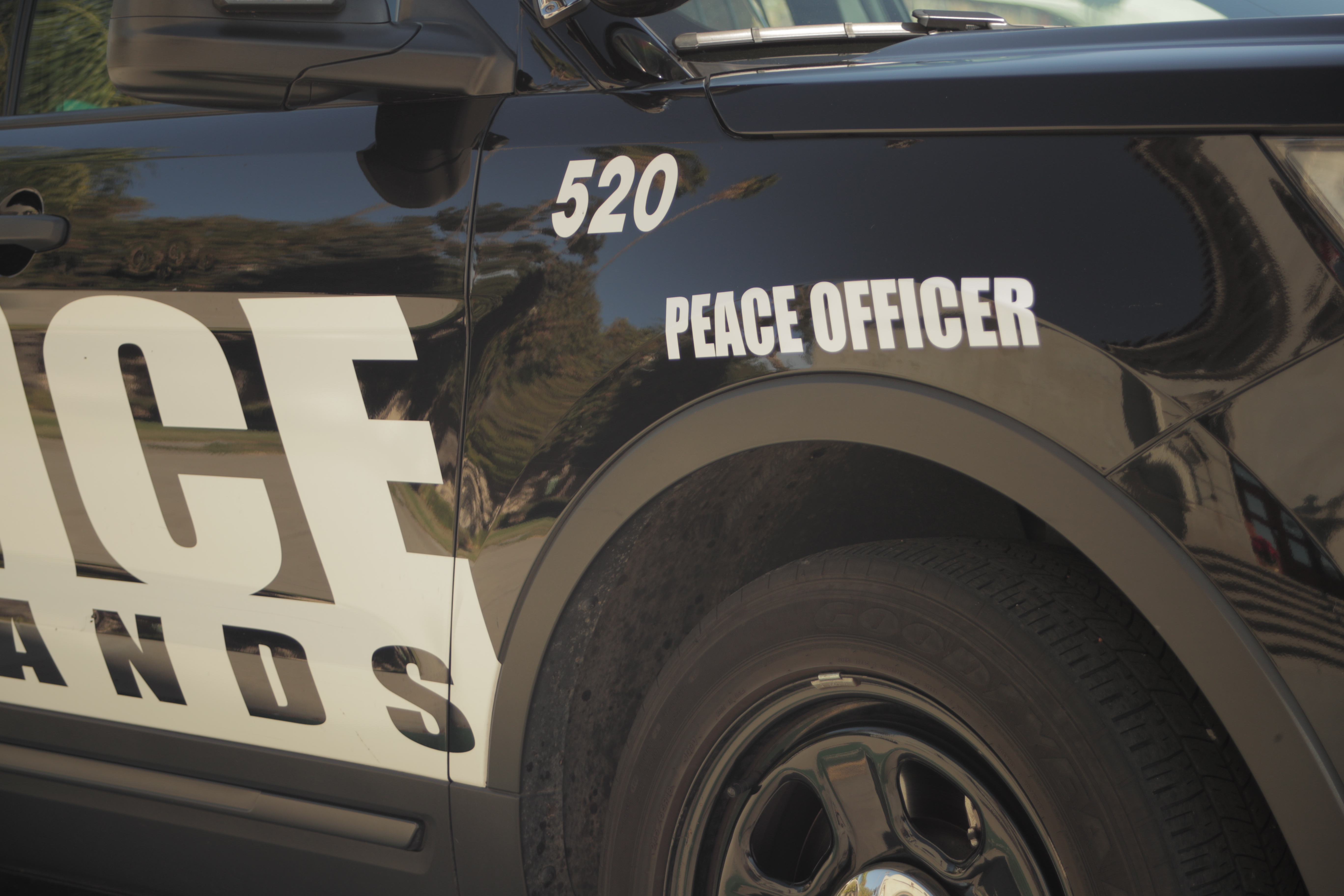June 27, 2018

Chief David G. Dominguez (Ret.)
City of Palm Springs, CA

Chief David G. Dominguez (Ret.)
City of Palm Springs, CA
Disclaimer: The points of view or opinions expressed in this article are those of the author(s) and do not necessarily represent the official position of the National Policing Institute.
In 2016, our colleague, Executive Director, Sue Rahr of the Washington State Criminal Justice Training Commission wrote on the National Policing Institute blog about how law enforcement has become very good at fighting crime; yet, as a profession, we are struggling; I would agree, law enforcement in the United States is at a crossroads with continuous challenges. Since that time, Police Chiefs and law enforcement executives around the country have examined how training and development occurs so recruits and officers are steeped in community and cohesion—and understand they are guardians in addition to warriors. There will always be an element of warrior, it is the part of the profession. One just needs to look at the recent increase in line of duty deaths, the mass shootings and the dangerous life-threatening situations police officers face daily.
To many this Guardian and Warrior discussion poses the question: Guardians of what? I submit that police officers are guardians of the fabric of society, not just the people. Recently, I was introduced to a new organization which was formed to address this same issue. They are called “Police2Peace” and their mission is unique and straightforward—to include the designation “Peace Officer” on law enforcement vehicles. You might ask, why would a charitable initiative be formed to distribute this message? The answer is, because in its simplicity it employs cutting edge social science to deliver a powerful message. By doing this, Police2Peace wants to strengthen the fabric of society. When I first met Police2Peace’s founder and Executive Director, Lisa Broderick, she explained why this concept would work with an example from mainstream advertising. She said, “Pepsi displays the words “cool” and “refreshing” as a positive suggestion hoping you’ll feel that way when you consume their product. It’s called priming, and it is well known in advertising.”
Police2Peace believes the use of priming can be applied with the application of Peace Officer on patrol vehicles will result in enhanced community outreach and obtain positive results. The Police2Peace foundation’s work is being supported by the joint public policy institute of New York University and University California Los Angeles called BetaGov which is performing independent research to gauge the impact of the changed vehicles on public perception. A feasibility study recently concluded with the LA-area suburb Redlands, CA, Police Department, who changed over vehicles in 2017. Results showed the public highly supported the use of the decals. Citizens surveyed reported that the decals would improve or significantly improve the community’s perception of law enforcement.
A pilot study is currently being conducted in the Richland County, SC, Sheriff’s Department, and results are forthcoming and will be published once available. They began their study of the effect on nearly 600 vehicles beginning in January 2018. Their expectation is to show statistically valid results in public perception of law enforcement in the short term, and a decrease of negative interactions and negative perception between departments and their communities in the long run.
Understanding each law enforcement agency is unique in their relationship with the community served, any methodology that can be used to enhance and improve police-community relationships is a positive step.
While the research behind the program is interesting, the message being delivered is captivating. Police Officers and Deputy Sheriff’s viewing themselves as “Peace Officers” is completely consistent with the approach of training officers to be guardians of society.
California, like all states has a Commission on Peace Officer Standards and Training (POST) and is responsible for setting minimum selection and training standards for California law enforcement. Thus; the term peace officer is a significant part of history in law enforcement and interwoven with police officer. Being a guardian doesn’t mean responding to situations and being soft on crime. Sometimes, the role of law enforcement officers is not to enforce the law; it is to diffuse the situation—to keep people safe with as little violence as possible. Once that is done, then officers can enforce and apply the law. Recruits and law enforcement professionals need continued education in what it means to be a “peace officer”. A considerable number of situations involve addiction, homelessness, mental illness and domestic violence. Law enforcement continues to need recruits who are capable of diffusing situations, problem solving, and thinking like guardians when enforcing the law when applicable. There is an evolving trend and growing acceptance of the guardian concept within law enforcement. To that end, the work of Police2Peace will go a long way to positively influencing the impression some citizens have of law enforcement using a simple phrase, while reminding officers of their chosen profession—to keep the peace.
For more information regarding the Police2Peace project, please visit www.police2peace.com.
About Chief David G. Dominguez (Ret.):
Chief David G. Dominguez was a police officer in the Inland Empire, San Bernardino and Riverside counties for 33 years. While with the San Bernardino Sheriff’s Department, Chief Dominguez worked corrections, patrol, investigations, and training, reaching the rank of Sergeant. During this time, he supervised a Gang Unit, Detective Bureau and a Community Policing Team, gaining valuable experience and insight within a large progressive County Sheriff’s Department.
In 1994, Chief Dominguez was hired by the Riverside Police Department as a Lieutenant. While at the Riverside Police Department, Chief Dominguez worked virtually every management assignment, eventually promoting to Deputy Chief of Police in 2003. As second-in-command, Chief Dominguez had day-to-day management oversight of department operations and administration.
In 2008, Chief Dominguez was appointed the Chief of Police for the City of Palms Springs, CA. During this time, Chief Dominguez provided senior leadership within the city and the organization during some very challenging fiscal years. Chief Dominguez implemented several programs within the department that reduced crime over a four year period, including leadership development, data driven analytics, and development/revision of the community policing programs. Chief Dominguez received the “Freedom Fund” public safety award in 2008 from the NAACP for leadership in the community. Chief Dominguez is a graduate of the Senior Management Institute of Police (SMIP) from the John F. Kennedy Government Center at Harvard University and the Supervisory Leadership Institute in California. Chief Dominguez possesses a Bachelor’s Degree in Criminal Justice and a Master’s Degree in Public Administration from California State University Fullerton.
Chief Dominguez is past President of the California Peace Officers’ Association, (CPOA), the Riverside County Law Enforcement Administrators Association and Vice President of the Riverside County Chiefs of Police. Chief Dominguez is a member of the International Association of Chiefs of Police (IACP), California Police Chiefs Association (CPCA) and Peace Officers Research Association (PORAC).
Written by

Chief David G. Dominguez (Ret.)
City of Palm Springs, CA
Strategic Priority Area(s)
Topic Area(s)
For general inquiries, please contact us at info@policefoundation.org.
Share
Strategic Priority Area(s)
Topic Area(s)
For general inquiries, please contact us at info@policefoundation.org
If you are interested in submitting an essay for inclusion in our OnPolicing blog, please contact Erica Richardson.
Share


